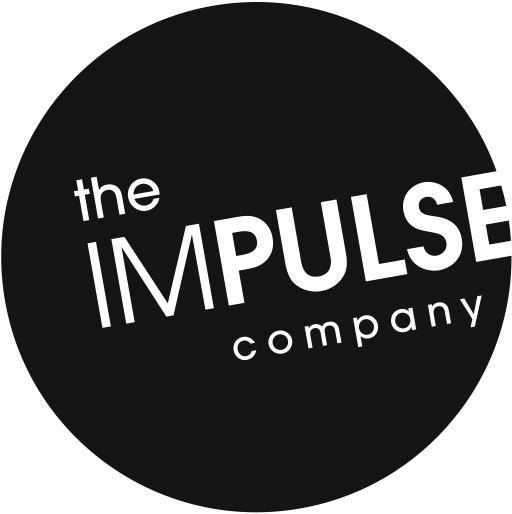How does the repetition exercise make you a better actor?
If this is the first time you’ve seen actors doing this exercise, you’re likely to be wondering how on earth Sanford Meisner’s repetition makes you a better actor. The repetition exercise is designed to get you out of your head, focused on your scene partner and responding truthfully.
Seeing the exercise out of context and not knowing the specific rules of the game can be confusing and misleading, as there is a great deal of practice (and technique) that goes into working at this level. Whilst the repetition exercise forms the foundation of our work, it is only the first part of the technique. Deeper, more complex exercises come later, training the actor to live under the givens of a script/scenario and only then, followed by working with text.
This technique gets you out of your head because through specific training of the repetition exercise, we focus on the muscles you need as an actor – those of observing and responding truthfully and impulsively. In our book, this is the very muscle an actor needs to work and it’s why the repetition exercise makes you a better actor.
At first glance, you may think that this exercise is about the text, but in fact, it is far from that. The repetition takes the text out of the equation, and we start very simply by saying what you see – a fact. Not a guess, judgment or speculation (a friendly reminder here that calling someone’s emotion is a guess in our rulebook!) We train you to observe the fact or behaviour and what that behaviour tells you is happening internally for the other actor – this is what we know as the ‘essential call’.
Let’s look at Sanford Meisner’s acting analogy that underpins what our work is about;
“Acting in a scene is like paddling a canoe from a pebbly beach on to the river. The writer builds the canoe, and the actor provides the river. The river is the actor's thoughts and emotions”.
We are training you to access that river with ease and flexibility.
A word of warning – this work takes PRACTICE. We start very simple and it isn’t until we are deep into Module 1 that we move anywhere near what you are seeing in this clip.
I always say if this work were an equation it would be that the Meisner technique = experience + time. Take the strength training analogy – you can’t just start deadlifting 100kgs. You work up to it, with regular workouts that build your strength slowly. This work is largely the same. Every practice adds weight to the bar so training yourself to observe more clearly, become more specific and access your emotional truth takes experience and time.
Through the repetition exercise, you learn to observe and respond truthfully – your sharpened observational skill will take you out of your head and into your body – where your emotional responses will be able to run free and ultimately, free up your acting so it is truthful, emotional and responsive – rather than planned out and disconnected.
You can find out more about our courses HERE.

